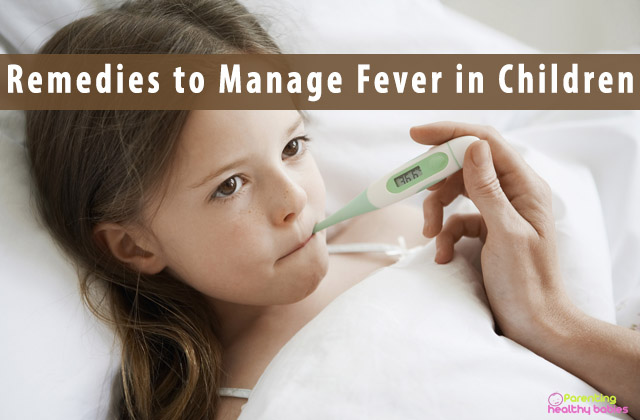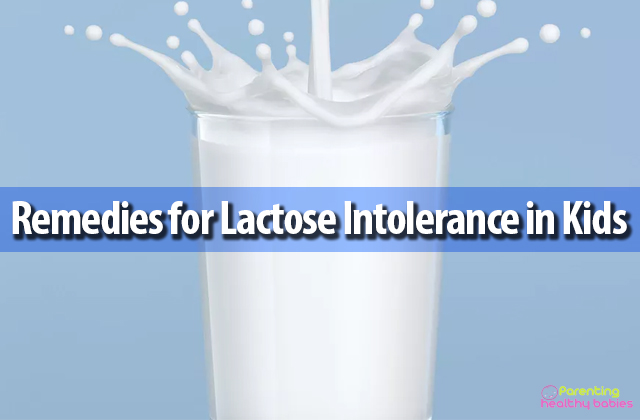Milk allergy in children is a serious condition that affects many kids around the world. The condition is caused by an immune system reaction to the proteins found in milk. This reaction can cause a range of symptoms, from mild to severe, and can even be life-threatening in some cases. Here’s what you need to know about milk allergy in children, including its causes, symptoms, treatment, and prevention.
In This Article:
- Causes of Milk Allergy
- Symptoms of Milk Allergy
- Diagnosis of Milk Allergy
- Treatment for Milk Allergy
- Complications of Milk Allergy
- Prevention of Milk Allergies
- What Should Be Fed To Children With Milk Allergies?
Causes of Milk Allergy
A milk allergy is caused by an immune system reaction to the proteins found in milk. These proteins include casein and whey. When a child with a milk allergy consumes milk or dairy products, their immune system responds by releasing antibodies that bind to the proteins in milk, causing an allergic reaction.
Milk allergy is more common in infants and young children. Most children outgrow milk allergies by the time they are 3 years old, but some children may continue to have the allergy into adulthood.
Symptoms of Milk Allergy
The symptoms of a milk allergy can vary from mild to severe and can appear within a few minutes to a few hours after consuming milk or dairy products. Some of the common symptoms of milk allergies include:
- Skin reactions: hives, eczema, itching, and swelling
- Gastrointestinal symptoms: nausea, vomiting, diarrhoea, and abdominal pain
- Respiratory symptoms: runny nose, sneezing, coughing, and wheezing
- Anaphylaxis: a severe, life-threatening allergic reaction that can cause difficulty breathing, swelling of the tongue and throat, and a drop in blood pressure.
Diagnosis of Milk Allergy
It’s important to note that milk allergies are different from lactose intolerances. Lactose intolerance occurs when the body cannot digest lactose, a sugar found in milk. Milk allergy is an immune system reaction to the proteins in milk.
Symptoms of a milk allergy can range from mild to severe and can occur within minutes to hours after consuming milk or milk products. Common symptoms include hives, itching, wheezing, vomiting, and diarrhea. If you suspect that your child has a milk allergy, you should consult your child’s pediatrician. The doctor will perform a physical exam and may recommend allergy testing, such as a skin prick test or a blood test. In some cases, an oral food challenge may be necessary to confirm the diagnosis.
Treatment for Milk Allergy
Avoid milk products
The most effective treatment for milk allergies is to avoid milk and milk products altogether. It is important to read food labels carefully, as milk can be found in many unexpected products, such as baked goods, processed meats, and even some medications.
Certain medications
In cases where accidental exposure occurs, antihistamines can be used to alleviate mild symptoms. In severe cases, epinephrine, a medication used to treat anaphylaxis, may be required.
Complications of Milk Allergy
Milk allergies can lead to complications if not properly managed. These complications may include:
Anaphylaxis
One of the most common complications of milk allergy is anaphylaxis, a severe and life-threatening allergic reaction. Anaphylaxis can cause breathing difficulties, a drop in blood pressure, and shock, which can be fatal if not treated promptly.
Affects different parts of the body
Milk allergies can range from mild to severe, and they can affect different parts of the body, including the skin, respiratory system, and gastrointestinal tract.
Other complications
Other complications of milk allergy include eczema, hives, asthma, and digestive problems like diarrhoea, vomiting, and abdominal pain.
Prevention of Milk Allergies
Preventing milk allergies in children is crucial to avoiding complications and ensuring their well-being. Here are some tips to help prevent milk allergies:
Breastfeed as long as possible: Breastfeeding is the best way to protect your child from milk allergies and other allergies. Breast milk contains immunoglobulin A (IgA), which helps to strengthen the immune system and prevent allergies.
Introduce milk products gradually: When you introduce milk products to your child’s diet, start with small amounts and observe for any signs of allergy. If your child shows no signs of allergy, you can gradually increase the amount of milk products.
Use hypoallergenic formulas: If you cannot breastfeed or your child has a high risk of developing a milk allergy, you can use hypoallergenic formulas that are specially designed for infants with allergies.
Avoid cross-contamination: If your child has a milk allergy, it’s important to avoid cross-contamination by using separate utensils, cookware, and cutting boards for milk-free foods.
What Should Be Fed To Children With Milk Allergies?
If your child has a milk allergy, it’s important to provide them with a balanced and nutritious diet. Some good milk substitutes include:
Soy milk: Soy milk is a popular milk alternative that is rich in protein and calcium. It has a creamy texture and is available in many flavours.
Almond milk: Almond milk is made from ground almonds and water. It is low in calories and fat and is an excellent source of vitamin E.
Coconut milk: Coconut milk is a rich and creamy milk alternative that is perfect for baking and cooking. It contains medium-chain triglycerides, which can help boost metabolism.
Oat milk: Oat milk is made from oats and is a great source of beta-glucan, which can help lower cholesterol levels.
In addition to finding alternative milk products, there are many other foods that your child can enjoy. Here are some ideas:
Fresh fruits and vegetables: Fruits and vegetables are always a great choice for a healthy snack or meal.
Lean meats and poultry: chicken, turkey, and lean cuts of beef are excellent sources of protein.
Fish: Fish is a great source of omega-3 fatty acids, which can help improve brain function and reduce inflammation.
Grains: Quinoa, brown rice, and whole wheat pasta are all excellent sources of carbohydrates.
Conclusion
In conclusion, milk allergies in children can be a serious condition that requires careful management. If you suspect that your child has a milk allergy, consult your child’s paediatrician for a proper diagnosis and treatment. By avoiding milk and milk products and providing your child with a balanced and nutritious diet, you can help manage their milk allergy and prevent complications.
Sources:
2. https://kidshealth.org/en/parents/milkallergy.html













